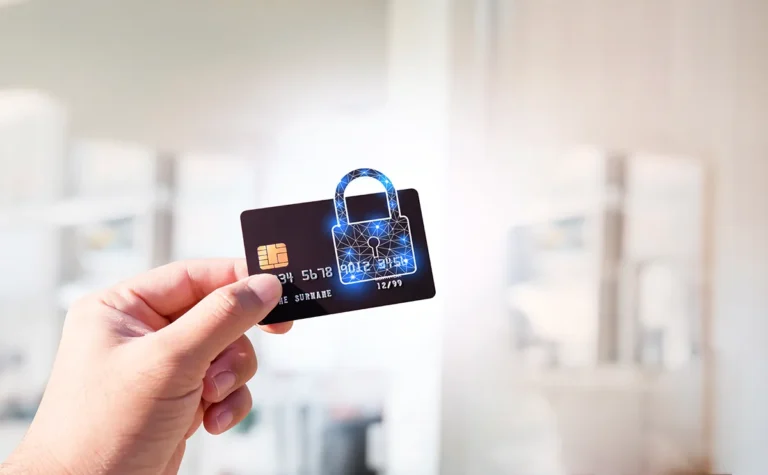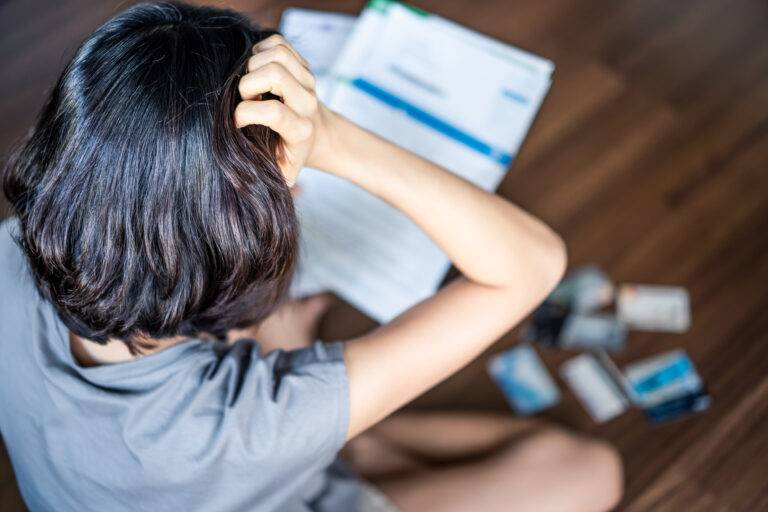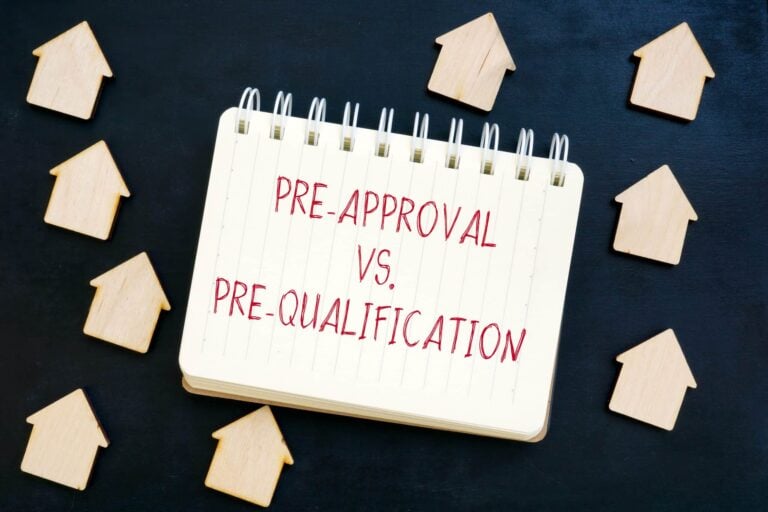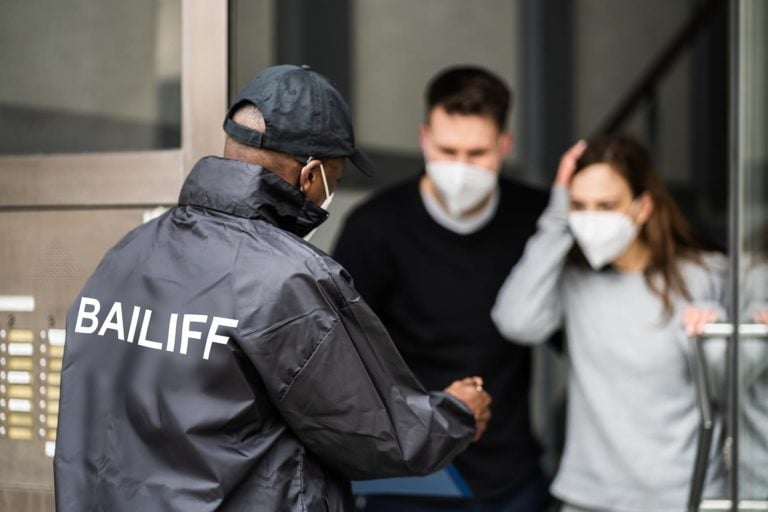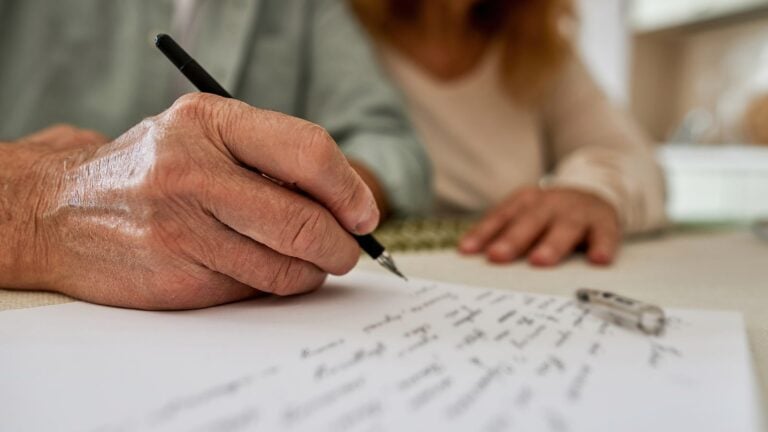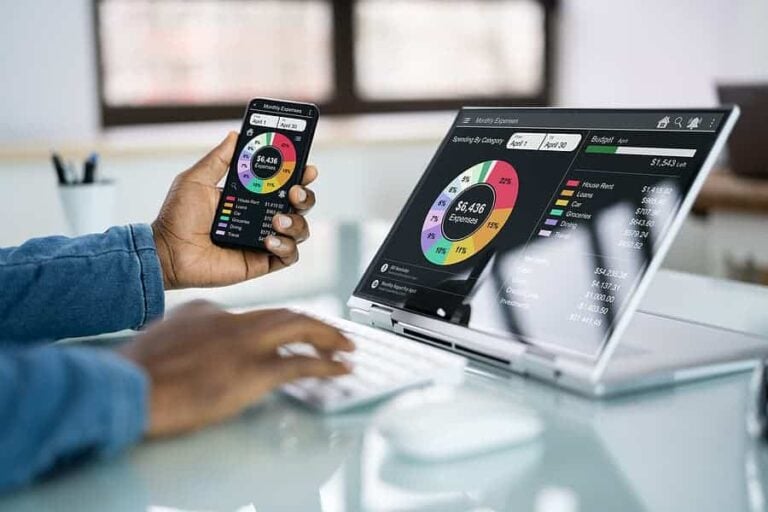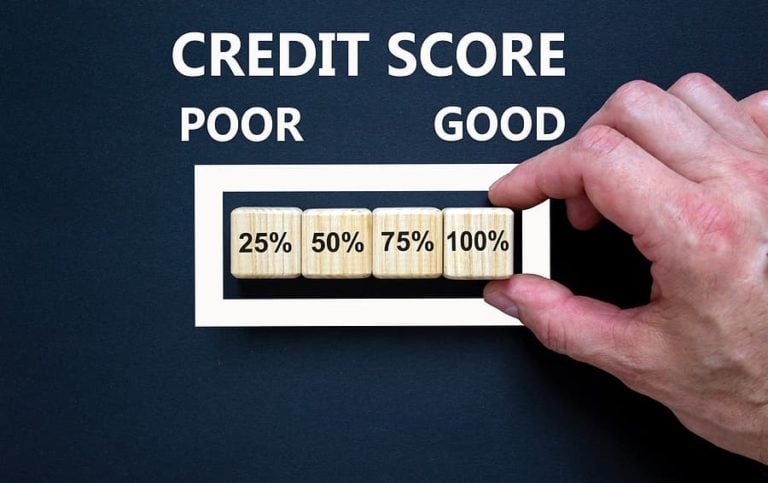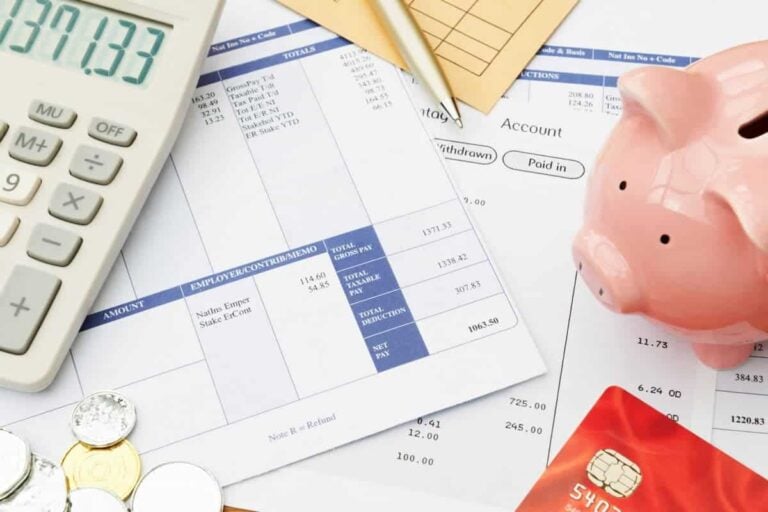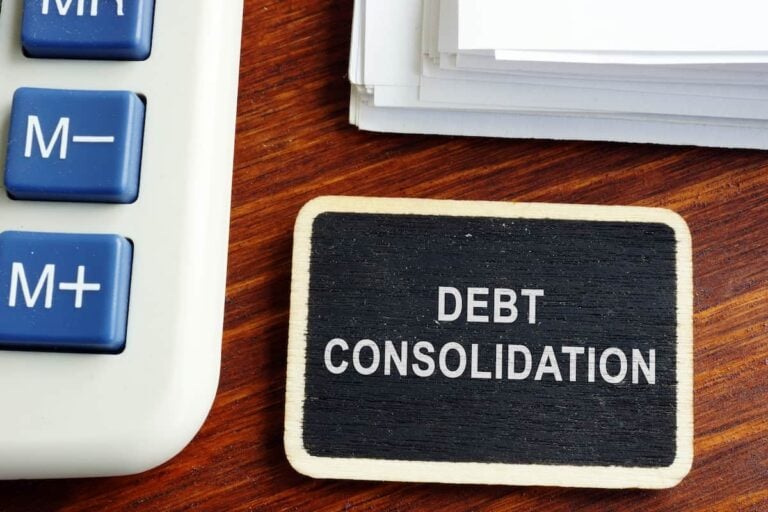Unfortunately, disaster comes when we least expect it, and it can hit any of us at any time. Reading, writing and talking about what can go wrong is stressful in and of itself – but there’s little escaping the fact that COVID-19 and 2020 have demonstrated that none of us really are immune to the prospect of outside forces exerting control over our lives – at least in the short- to medium-term. Indeed, natural disasters take on many varieties – and whether they take the form of a hurricane, flood, wildfire, earthquake or pandemic – all of us need to prepare physically, mentally, emotionally and financially for the possibility of a disaster striking.
Even if we often think, “it won’t happen to me,” disasters couldn’t care less – they aren’t actually choosy about who they negatively impact – and any of us are vulnerable if we find ourselves in the wrong place at the wrong time. Therefore, it is a good idea to consider preparing your finances now for a natural disaster. Learn how to be financially prepared for a natural disaster with these financial disaster preparedness tips.
How to Prepare Your Finances for a Natural Disaster
The first step toward preparing your finances for a natural disaster is to build an (aptly named) emergency fund – if you currently don’t already have one. Fact is, we simply never know when we may need extra money for a health issue, home repairs, auto repairs or similar – or when our income may get curtailed through job loss or a reduction in hours. Consequences from natural disasters range from property damage to employment issues, and an emergency fund worth at least three months of necessary expenses (and ideally, six months or more) can really come in handy when disaster strikes. So, make it a priority to assemble an emergency fund and to start saving now.
Earmark your emergency fund by keeping it separate from any other savings account you already have. Similarly, you can also budget for pre-emptive home repairs – especially if you are unsure of whether your home is fully equipped to withstand hurricane, flood or earthquake damage. Consider having home and roof inspections that will identify any potential problem areas that require safety improvements. It also is a good idea to keep cash set aside safely in your house somewhere, just in case you are unable to access any funds electronically for a number of days following an extended power outage or similar event that hampers critical infrastructure where you live. Remember as well that cash comes in handy for emergency “evacuation expenses” related to food, lodging, and transportation.
Financial Preparedness Tips for Disasters
The next step in your financial disaster preparedness involves making certain that your insurance coverages are up to date. Revisit your homeowners and auto insurance policies and make sure they don’t have gaps when it comes to disaster coverage. For instance, many homeowners insurance policies cover damage related to fire, but not necessarily to floods or earthquakes. Understand the extent of your property and casualty insurance and look into getting flood insurance if you live in a flood-prone area or earthquake insurance if you live in an area that is prone to seismic activity.
Check to see if your homeowners insurance includes coverage for windstorm damage, and if you live in a hurricane-prone area, you must make certain to get hurricane insurance. Consider taking numerous photographs before a disaster strikes that can serve as evidence for losses sustained from the disaster for insurance purposes. These photos and important documents can also be backed up onto the cloud as a precaution against your computers and cell phones sustaining irreparable damage. Remember – cash reserves are often insufficient to cover the significant damage that can result from a natural disaster, so keeping up with your insurance coverage is a must. Also, be clear about your deductibles, and consider setting aside adequate reserves within your emergency fund to meet them if it becomes necessary.
Next up for your financial services disaster recovery plan is to prepare an emergency document kit for your important financial documents. Consider getting yourself a fireproof and waterproof box that safely keeps copies of the following: your homeowners insurance policies, health insurance policies for yourself and your family, as well as real estate deeds and documents – including title appraisals, mortgage information and any leases.
You should also include documents related to living wills, information related to investment accounts, driver’s license information, vehicle registration, auto title, passport, as well as a birth certificate and social security card. Last, but definitely not least – your emergency kit should include a checkbook and duplicates of frequently used credit cards. It is also a good idea to store electronic copies of important documents in a password-protected manner on an external hard drive or removable flash drive.
Doing all of this work to prepare your finances for a natural disaster isn’t very much fun – but it is necessary, and you’ll be glad you put in the effort. Creating a plan and putting it into place provides peace of mind and keeps you ready to spring into action in the event that a disaster does strike. As you can imagine, the days that immediately follow a natural disaster are likely to be hectic – but this is all the more reason to have your emergency document kit already assembled, making it convenient for you to contact your insurance companies and begin the process of filing damage claims. Finally, be certain to keep written records of all phone conversations related to your insurance claims, as well as to bookmark important emails that can be referenced subsequently, if necessary.
Contact United Debt Settlement to learn more about Loan and Payment Relief Options During COVID-19. Give us a call at (888-574-5454) or fill out our online contact form.
About the Author: Steven Brachman
Steven Brachman is the lead content provider for UnitedSettlement.com. A graduate of the University of Michigan with a B.A. in Economics, Steven spent several years as a registered representative in the securities industry before moving on to equity research and trading. He is also an experienced test-prep professional and admissions consultant to aspiring graduate business school students. In his spare time, Steven enjoys writing, reading, travel, music and fantasy sports.

Gabriel Gorelik paves the way for customer service and operations at United Settlement. He is passionate about numbers and holds a strong belief in helping anyone with their debt. Before United Settlement, Gabriel received his BS in Finance & Economics from Brooklyn College. After graduation, Gabriel went on to build his first financial services company where he managed thousands of accounts for business and consumer clients. He understands the importance of client satisfaction, professionalism, and exceeding expectations.


